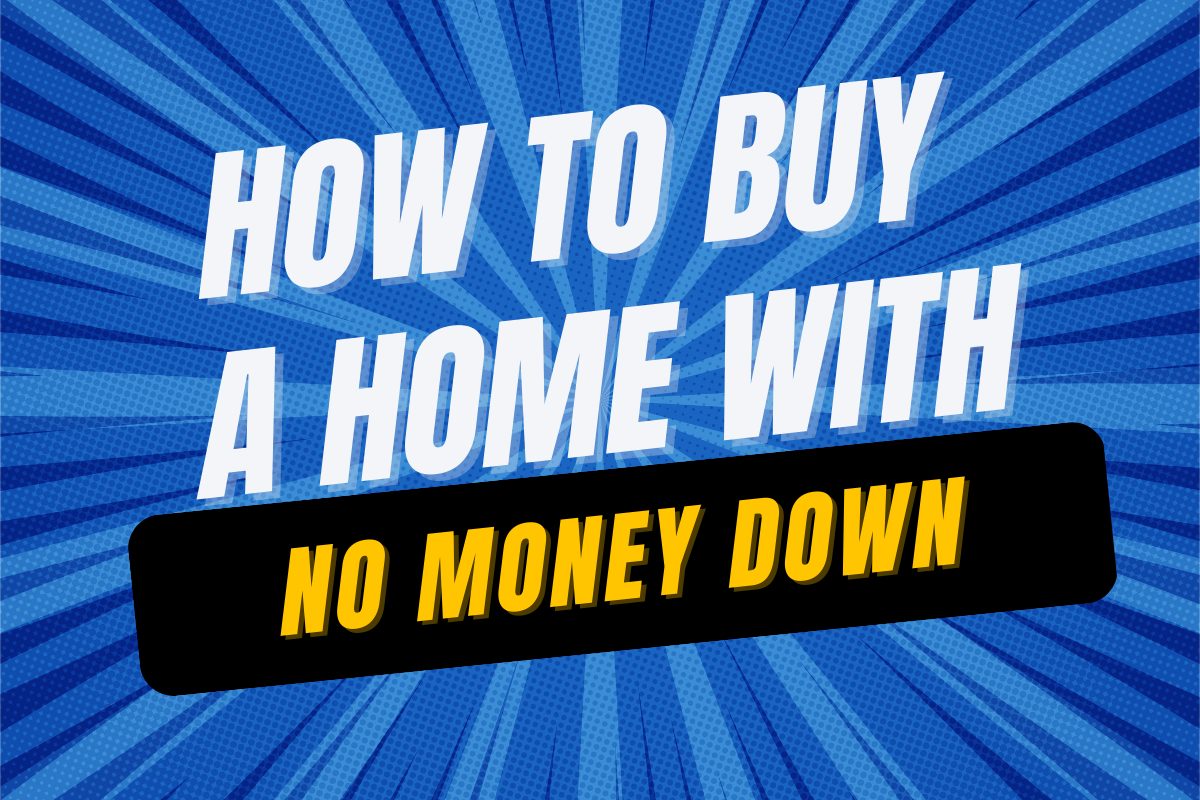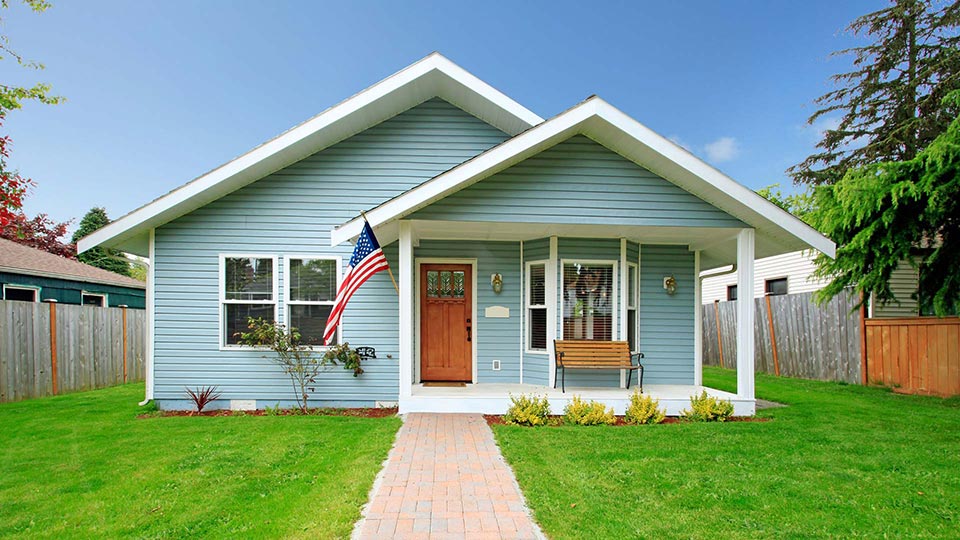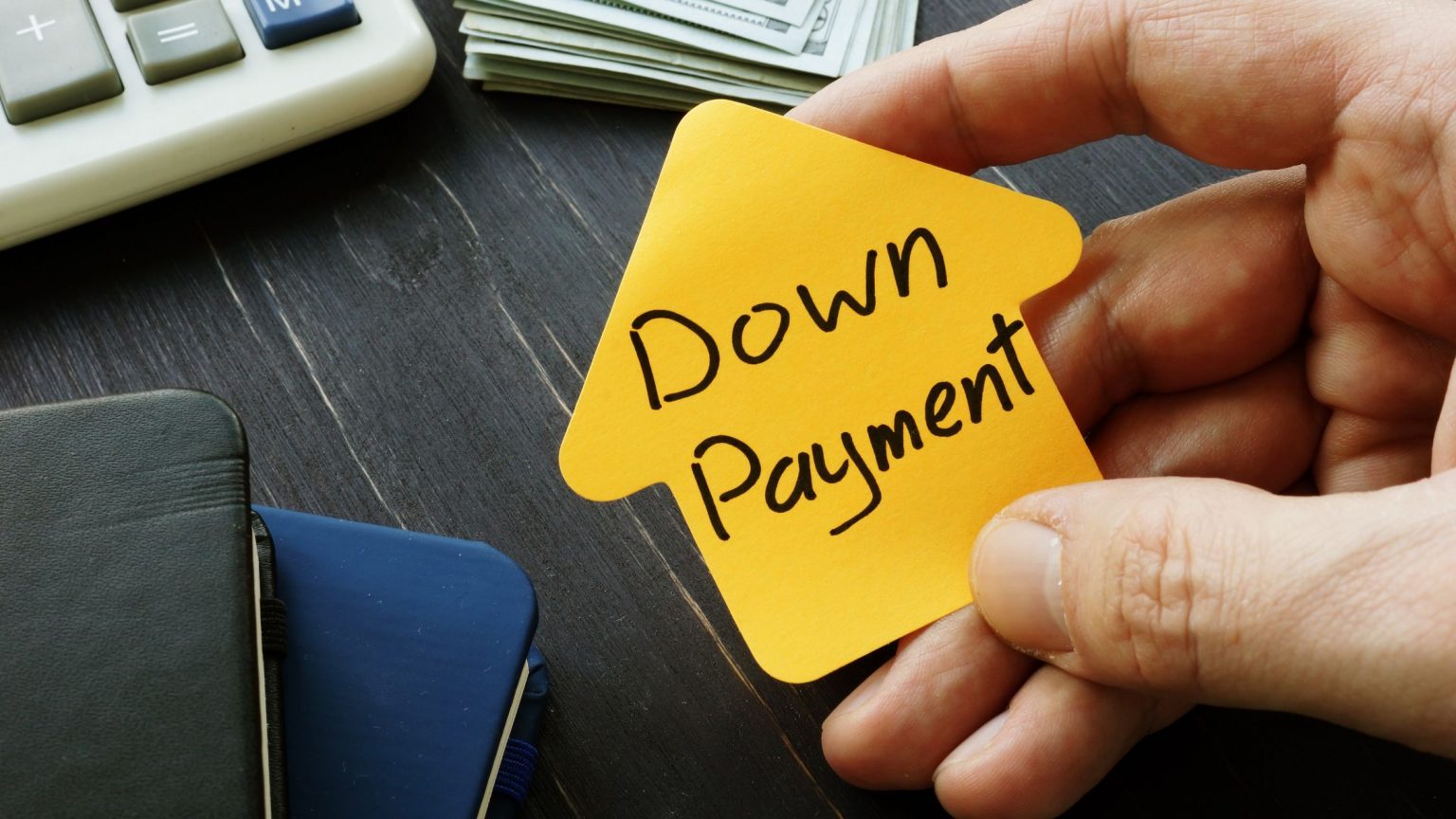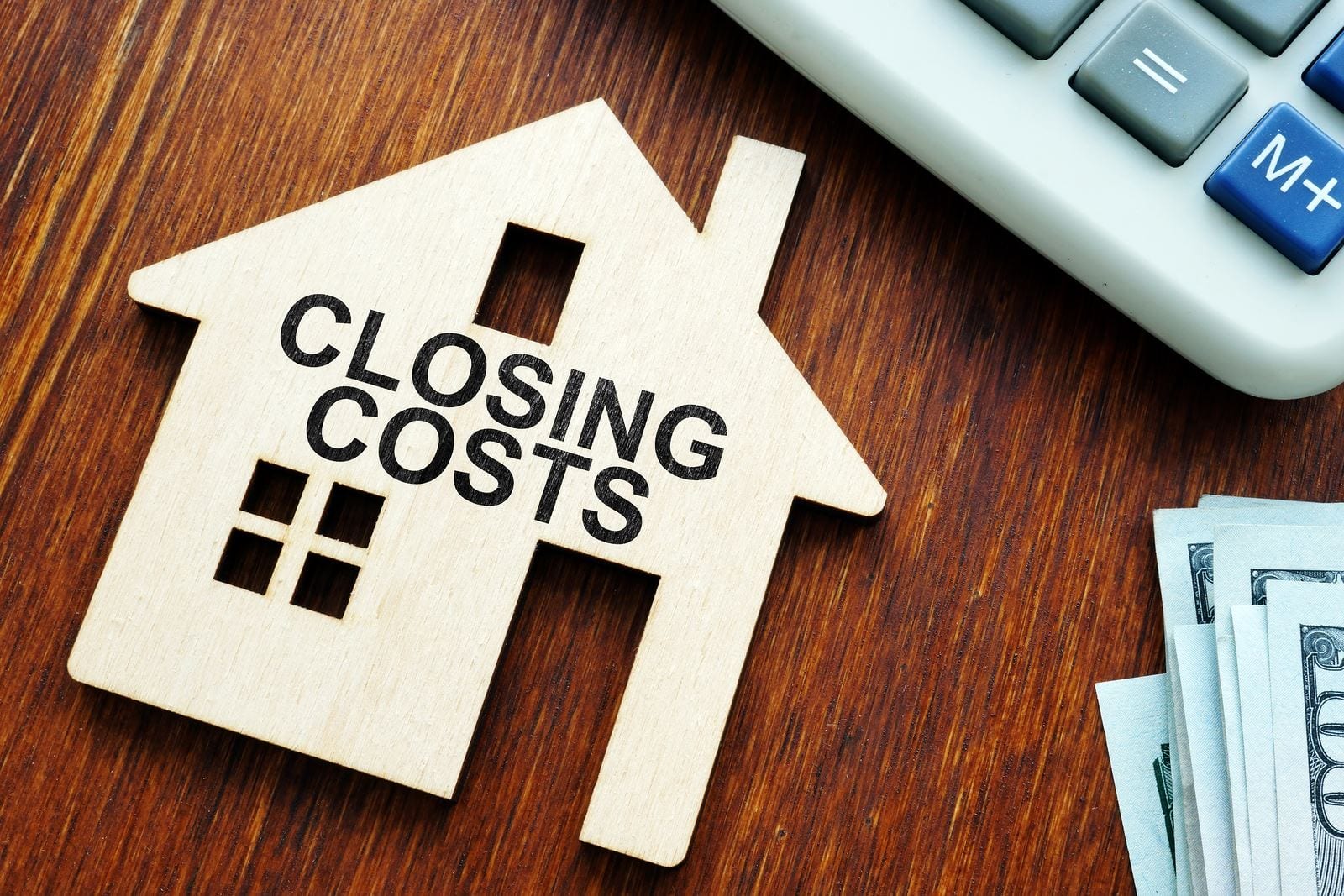Many people in the USA dream of owning a home, but saving up a big down payment can be tough. The good news is that you can buy a house without spending much money upfront. This is possible because there are special government programs and other financing methods. In this guide, we’ll take a closer look at how you can buy a home with no down payment. We’ll go over the different choices you have and some smart strategies to help you achieve your dream of becoming a homeowner.
The Zero Down Payment Mortgage
If you’re in the USA and want to buy a house without paying a big down payment, you should know about the zero down payment mortgage. This type of mortgage is great for people buying their first home because it lets you become a homeowner without needing a lot of money upfront. There are a couple of options you can consider. One is the FHA loan, and the other is the Conventional 97. With these, you only need to put down as little as 3% of the home’s price. Plus, government grants and loans can help cover some of the other costs, so you don’t have to worry about having a ton of cash saved up to start your journey as a homeowner.
Government Backed Mortgage Programs
One of the easiest ways is by using government backed mortgage programs. These programs have choices like the VA loan and the USDA loan, which let you buy a home without needing to make any down payment. Just keep in mind that these programs have different rules. You’ll need to meet certain location and income requirements for USDA loans, while VA loans are specifically for military buyers. But if you don’t qualify for these government programs, don’t worry! There are other ways to make your homeownership dream come true. You can ask a family member to give you the down payment as a gift. Some lenders also offer something called lender credits that can cover some of your closing costs, making it easier to get started. And when you’re negotiating with the seller, you can ask them to chip in for some or all of your closing costs. Additionally, many states have homebuyer assistance programs offering grants to help with your down payment and lower out of pocket expenses. So, there are plenty of options out there to help you become a homeowner, even if you still need to save a big pile of cash.
USDA Loans (0% Down)
If you’re a first time homebuyer and don’t have any money saved for a down payment, there’s an option called USDA Loans that you should know about. Even though they’re called Rural Housing Loans, you can actually use them in many suburbs, not just rural places. To be eligible, you’ll need to meet some requirements. You won’t have to put any money down, which is great, and you should have a minimum credit score of 640. Your income should also be less than 115% of what people typically earn in your area. The cool thing about USDA loans is that they often come with lower interest rates, which can save you money in the long run. So, if you’re thinking about becoming a homeowner and need a bigger savings account, this could be a smart way to make that dream come true.
VA Loans (0% Down)
In the USA, if you’re a veteran, an active duty service member, or the spouse of a military member who has passed away, there’s a special way to buy a home with no down payment. It’s called a VA loan, and it’s designed to help people who’ve served our country. These loans are great because they’re backed by the U.S. Department of Veterans Affairs, which means they come with some benefits. You’ll need to get a Certificate of Eligibility from the VA to qualify, but once you have that, you can get a VA loan with no down payment. Your credit score should be in the range of 580 to 620, and your debt to income ratio should be below 41%.
Low Down Payment First Time Homebuyer Loans
Here are some choices that can help:
- Conventional Loans (3% Down): You only need a 3% down payment. There are also Conventional 97 loans and programs like Fannie Mae HomeReady and Freddie Mac HomePossible. These options are great because they’re more flexible when it comes to qualifying. You can have more debt compared to your income, and the private mortgage insurance rates are lower.
- FHA Loans (3.5% Down): The Federal Housing Administration, or FHA, offers loans where you only need a 3.5% down payment. What’s cool about FHA loans is that they’re more forgiving regarding your credit score. Even if your credit isn’t perfect, you can still get one. Remember that FHA loans have some extra costs, like upfront and ongoing mortgage insurance premiums, but they can be a good choice if your credit could be better.
How to Get a Down Payment for a House
Getting the money you need for a down payment on a house might seem tricky, but there are some straightforward ways to make it happen. Here are some ideas:
- Use Your Savings: If you’ve been saving up money, this is a great time to put that cash toward your down payment.
- Cash Out Investments: If you have investments like stocks or bonds, you can sell them to get the money you need.
- Receive a Cash Gift: Sometimes, your family might be willing to give you money as a gift to help with your down payment. Just remember, you’ll usually need a gift letter to satisfy the lender’s requirements.
- Apply for a Down Payment Grant: Many state and local governments have programs that can give you grants to cover your down payment. It’s worth checking out if there’s one available in your area.
- Borrow from Your 401(k): If you have a retirement plan like a 401(k), you can borrow some money for your down payment. But be careful with this option, as it can impact your retirement savings.
- Buy with a Partner or Friend: Another way to reduce your individual down payment is to buy a house with someone else, like a friend or a partner. This can be a smart way to share the costs.
Choose the option that works best for your situation and goals.
Closing Cost Assistance
Closing costs are around 3% to 5% of the loan amount, which can be significant. But here are a couple of ways to make it easier:
- Closing Cost Assistance Programs: Many programs that help with your down payment also help with closing costs. So, don’t forget to check if there’s assistance available.
- Negotiate with the Seller: Sometimes, when buying a house, you can talk to the person selling it. They might be willing to pay some or all of your closing costs. It doesn’t hurt to ask, and it can save you money.
There are ways to get help with both, making homeownership more affordable.
Conclusion
if you’re thinking about buying your first home in the USA but don’t have a lot of money to put down upfront, some good options are available for you. The government and other organizations offer programs to help people like you. All you need to do is check if you qualify and then look into these programs to see which works best for you. But it’s not just about these programs. You can also explore other ways to make your dream of owning a home come true. You should talk to mortgage experts who can guide and advise you through the process. Also, remember to see what resources are available in your local area; they might have some helpful information. So, avoid the lack of a big down payment stops you from becoming a homeowner. With the right research and support, it’s doable. Just take the time to look into your options and take those first steps towards your own home.














